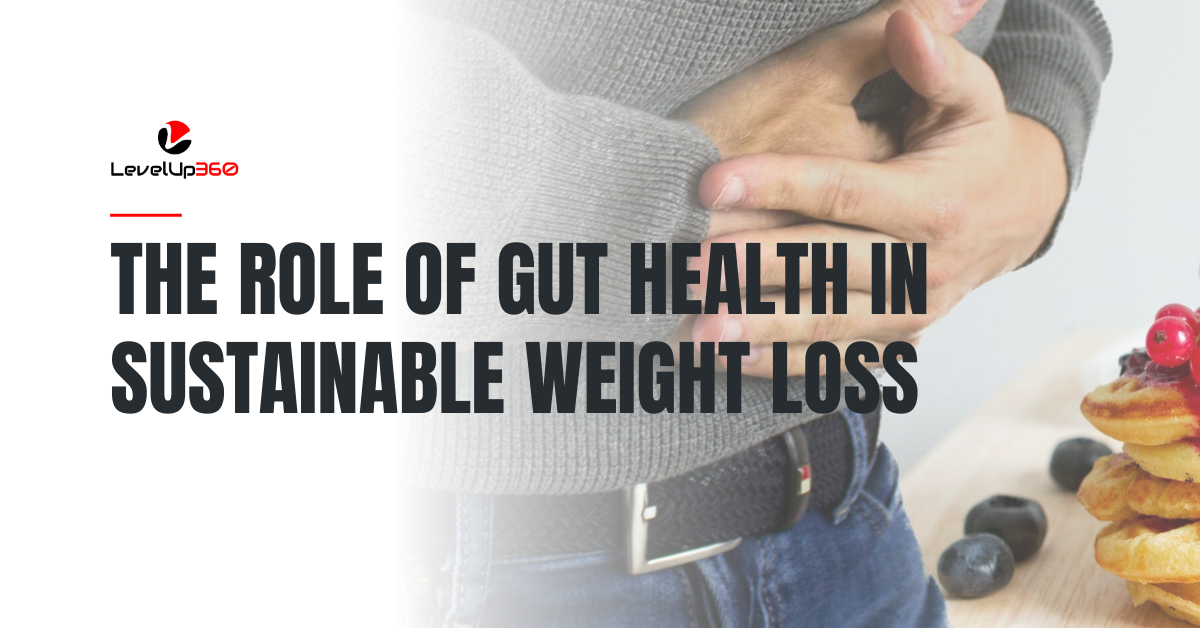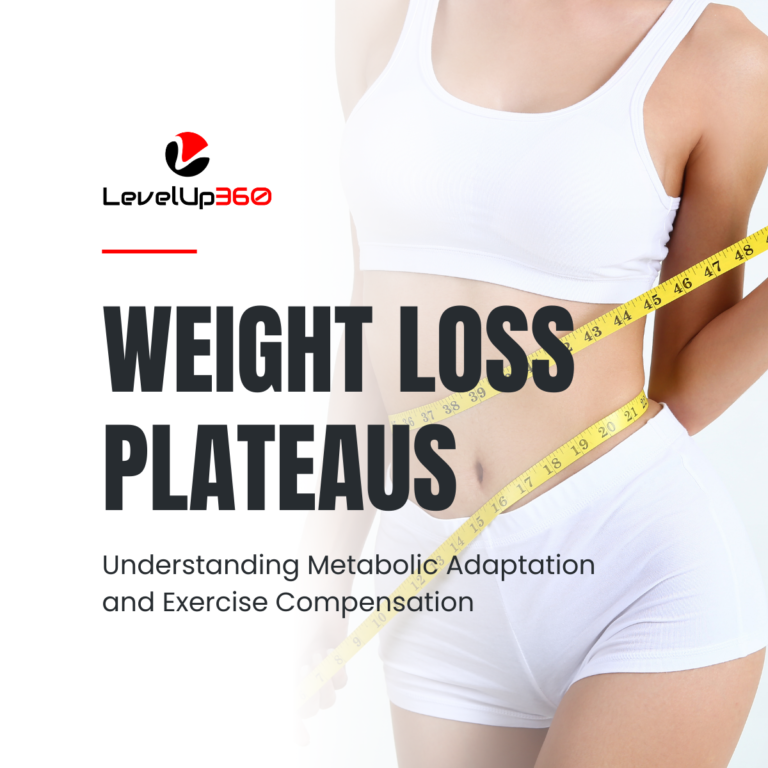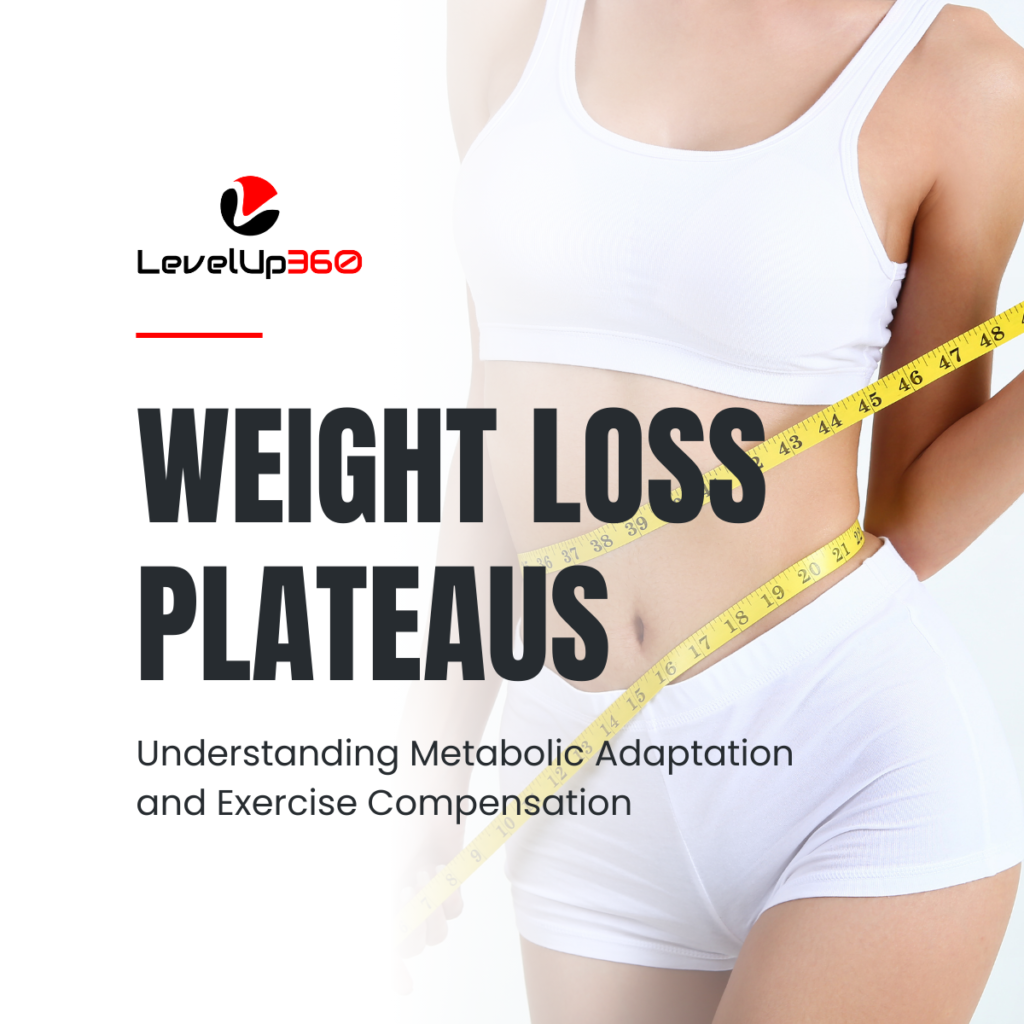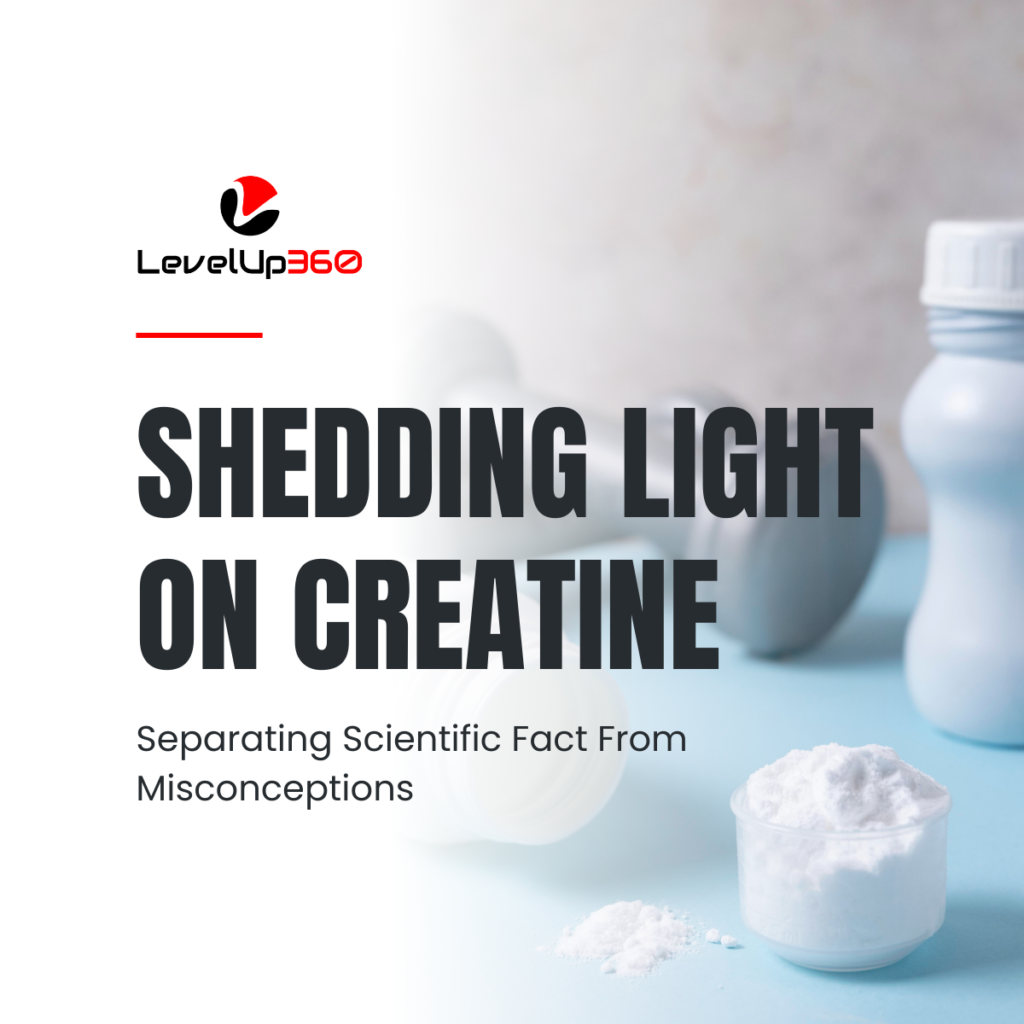
The role of gut health in sustainable weight loss
Weight loss is a complex process that involves multiple factors, including diet, exercise, genetics, and environmental factors. However, emerging research has shown that gut health is also intimately linked to our body’s metabolism, hormonal balance, and immune function, all of which influence our ability to maintain a healthy weight.
What is Gut Health?
The gut, also known as the gastrointestinal tract, is a complex system that includes the stomach, small intestine, large intestine, and colon. The gut plays a critical role in digestion, absorption of nutrients, and elimination of waste.
Gut health refers to the balance of microorganisms, such as bacteria, fungi, viruses, and parasites, that live in the gut.
A healthy gut microbiome has a diverse array of beneficial bacteria that help digest food, produce essential nutrients, and support overall health. However, an unhealthy gut microbiome can lead to digestive problems, inflammation, and a weakened immune system, among other health issues.
Emerging research has shown that gut health is also intimately linked to our body's metabolism, hormonal balance, and immune function, all of which influence our ability to maintain a healthy weight.
The Role of Gut Health in Sustainable Weight Loss
When it comes to weight loss, many people focus solely on calorie intake and exercise. However, emerging research suggests that the health of your gut microbiome also plays a role in achieving sustainable weight loss.
Research has shown that the gut microbiome plays a critical role in weight regulation and metabolism.
A healthy gut microbiome helps regulate appetite, control blood sugar levels, and reduce inflammation, which are all key factors in weight loss.
Conversely, an unhealthy gut microbiome can lead to imbalances in appetite hormones, insulin resistance, and chronic inflammation, which can contribute to weight gain and difficulty losing weight.
In addition, the gut microbiome can influence the way our body stores and uses energy.
Studies have shown that people with a healthy gut microbiome have a higher metabolic rate, which means they burn more calories at rest compared to people with an unhealthy gut microbiome. This suggests that improving gut health can not only help with weight loss but also improve overall metabolic health.
The Influence of gut health on sustainable weight loss
Here are some specific ways in which gut health influences sustainable weight loss:
- Digestion and Nutrient Absorption: A healthy gut microbiome is essential for proper digestion and absorption of nutrients, including those important for weight management, such as fibre, protein, and healthy fats. When the gut microbiome is imbalanced, it can lead to poor digestion and malabsorption, which can contribute to weight gain.
- Appetite and Cravings: The gut microbiome is also involved in regulating appetite and food cravings. Certain types of gut bacteria can produce hormones that signal to the brain when we are full or hungry, and others can influence our food preferences and cravings. When the gut microbiome is imbalanced, it can lead to overeating, cravings for unhealthy foods, and difficulty in controlling our appetite.
- Inflammation and Metabolic Dysfunction: An unhealthy gut microbiome can lead to chronic inflammation and metabolic dysfunction, both of which can contribute to weight gain and difficulty in losing weight. Chronic inflammation can interfere with the body’s ability to regulate blood sugar and insulin levels, leading to insulin resistance, a condition that is strongly associated with obesity and type 2 diabetes.
- Hormonal Balance: The gut microbiome is also involved in regulating the production and metabolism of hormones, including those that play a role in weight management, such as leptin, ghrelin, and cortisol. When the gut microbiome is imbalanced, it can lead to hormonal imbalances that can contribute to weight gain and difficulty in losing weight.
Foods that Promote Gut Health and Weight Loss

The first step in improving gut health for sustainable weight loss is to focus on a diet that promotes a healthy gut microbiome. Here are some of the best foods for gut health and weight loss:
- Probiotic-rich Foods: Probiotics are live microorganisms that can help improve the balance of bacteria in your gut, promoting better digestion and overall health. Foods rich in probiotics include yogurt, kefir, sauerkraut, kimchi, and tempeh. Studies have shown that consuming probiotics can help reduce body weight and improve insulin sensitivity.
- Prebiotic-rich Foods: Prebiotics are a type of fibre that cannot be digested by the body, but they serve as food for the beneficial bacteria in the gut. Examples of prebiotic-rich foods include artichokes, garlic, onions, asparagus, and bananas. Studies have shown that prebiotics can help improve gut health and reduce inflammation.
- High-fibre Foods: Fibre plays a crucial role in maintaining gut health by promoting regular bowel movements and feeding beneficial gut bacteria. Examples of high-fibre foods include whole grains, fruits, vegetables, nuts, and seeds. Studies have shown that a high-fibre diet can help promote weight loss and reduce the risk of chronic diseases.
- Fermented Foods: Fermented foods are rich in beneficial bacteria, which can help improve gut health and support weight loss. Examples of fermented foods include kefir, kombucha, kimchi, sauerkraut, and miso. Studies have shown that consuming fermented foods can help improve gut health and reduce inflammation.
- Protein-rich Foods: Protein plays a crucial role in building and repairing tissues in the body, including the gut lining. Examples of protein-rich foods include lean meats, fish, poultry, eggs, beans, and lentils. Studies have shown that consuming protein can help promote weight loss and reduce the risk of chronic diseases.
- Polyphenol-rich Foods: Polyphenols are plant compounds that have been shown to have anti-inflammatory and antioxidant properties. Examples of polyphenol-rich foods include berries, grapes, cocoa, green tea, and olive oil. Studies have shown that consuming polyphenol-rich foods can help improve gut health and reduce the risk of chronic diseases.
LevelUp360 Gut Health TIP: Reduce your environmental toxin exposure
The body has a natural defence system against many of the world’s toxins, if it’s functioning properly. Most of that defence system is in the liver, but also in the kidneys and the spleen, and even in our skin.
An important defence system works diligently 24 hours a day, seven days a week safely eliminating toxins that can damage our health. However, when that defence system gets overrun, it ends up having to do more work than it can handle, and when our detoxification system slows down, it just so happens to slow down the entire digestive system as well allowing toxins to hang out in the gut causing problems when they should have been safely excreted some time ago.
Then, when these toxins accumulate, they raise up levels of inflammation in the body, damaging the so precious gut lining.
While we can never control all the toxins around us – as they’re everywhere -, there are things that we can do to help fix or lend a helping hand to our overburdened detox system.
And that simply involves reducing our daily exposure to many of the toxins around us. Here is what I would do:
- Avoid smoking.
- Avoid the overconsumption of alcohol.
- Consume lots of clean, filtered water. I would aim for 1.5 litres (ideally 2) a day plus 250ml for every 30 minutes of exercise.
- Buy organic produce whenever possible, especially when it comes to the dirty dozen list of the highest pesticide-laden crops.
- Ditch the plastic which most likely contains endocrine-disrupting chemicals such as BPA and go with aluminum/glass/stainless steel bottles and storage containers.
- Switch to natural and organic cosmetics, body care products, and household cleaning products.
- Make it a priority to sweat at least five days a week. Sweating through exercise and the use of regular saunas or infrared saunas can help reduce and help the body eliminate toxins naturally. Sometimes that’s only done through sweat.
Recommended reading
Recommended reading
Additional Resources
Feeling in control of your health
If you are interested in improving your health and wellness, check out other resources such as Our Blog, Free Resources and/or join our private Body-Mind Transformation Secrets Community on Facebook, and The 360 Transformation Blueprint Podcast on Spotify and go on an even deeper dive with me to uncover how to succeed in your health and wellness goals.
You may also be interested in our Sleep Secrets Cheat Sheet. It is a great resource with strategies to fix and optimize your sleep which is crucial to succeeding in your health and wellness goals.
Resources
Pictures








